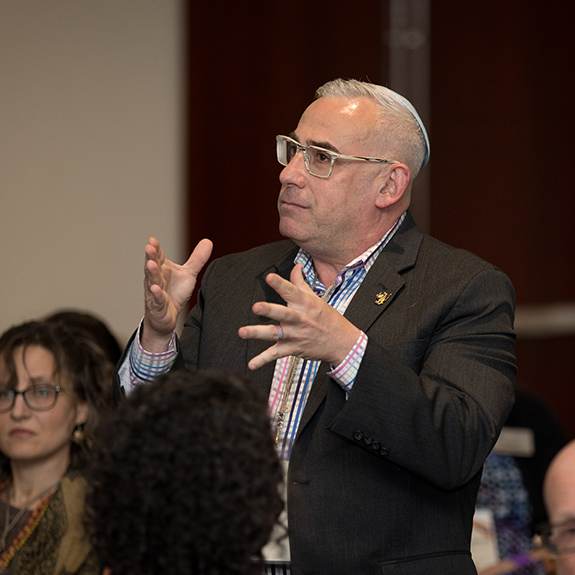Discover Israel’s many treasures on a transformative journey with a focus on historical exploration, exhilarating adventures in nature, and cultural connections.
Travel from the far north in the Galilee to the deep south at the Red Sea as we visit ancient Jerusalem, modern Tel Aviv, the lush Golan Heights, the vast Negev Desert, the unsinkable Dead Sea, and the stark mountaintop fortress of Masada. Along the way, you’ll take part in an authentic archaeological dig, sample the world’s very best falafel, spend a night sleeping under the desert stars, and experience the innovative energy of Tel Aviv first-hand.
More than a tour, this is an opportunity to understand Israel’s dynamic society first-hand while finding your own connection to this storied land. Explore what it means to be Jewish from an Israeli point of view, understand the complex politics of the Middle East with real-world insights, and practice Jewish values through hands-on volunteering and Shabbat experiences.

Some of our Israel Journey trips will have the opportunity to attend The Maccabiah Games. Often referred to as “the Jewish Olympics,” this is the world’s largest Jewish athletic competition that takes place every four years in Israel.







